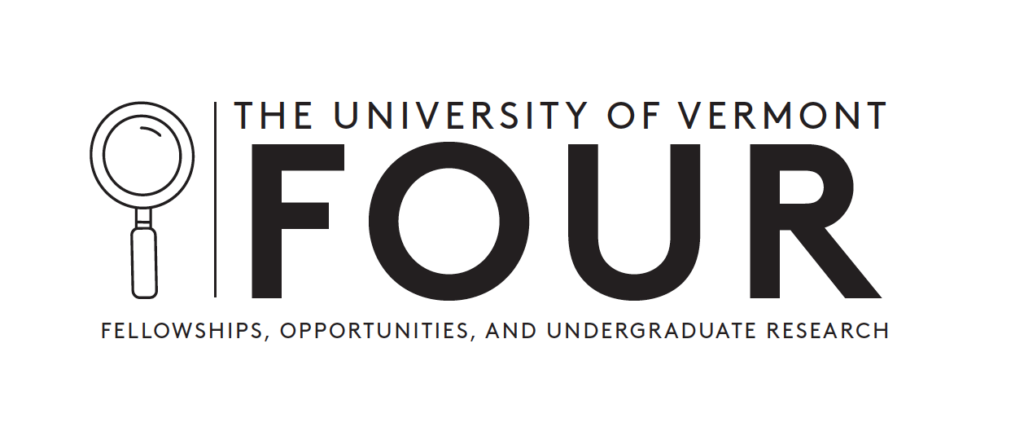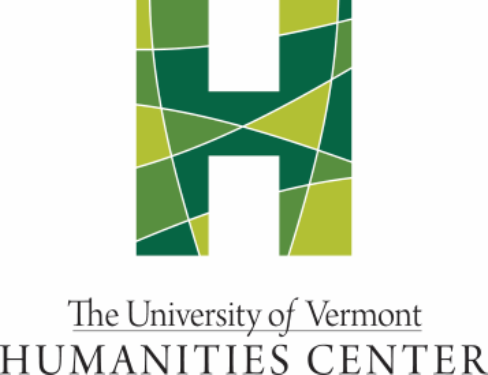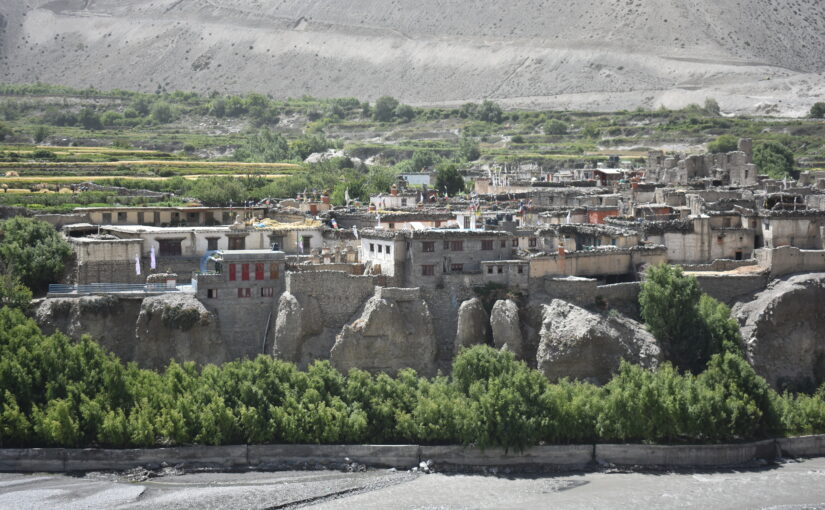Kagbeni, Nepal is a town which sits at a series of overlapping crossroads, both literally and figuratively. The paths around the town trace political, economic, and cultural issues impacting contemporary Nepal. Situated between the restricted region of Upper Mustang to the north and a popular pilgrimage site to the east, the town is constantly being shaped by globalization, religious and cultural identities, and tourism.
My research focuses on the ways in which sound works to amplify some of these issues and to silence others, on how certain sounds are valued and cultivated, and how particular voices are heard while others are ignored. In doing so, I bring anthropological methods of participant observation together with theories from sound and religious studies in order to present a new way of understanding the forces shaping Kagbeni.
What is the role of sound in Kagbeni’s daily life? How does sound claim space? How does it reshape the communities who live in Kagbeni?
In order to answer these questions, I have curated a series of sound compositions to accompany this project. Each composition focuses on a theme: politics, religion, and tourism. Taken as a series along with a written analysis of the forces effecting daily life in Kagbeni, these sound compositions draw attention to the ways that outsiders perceive the Loba community who lives there, and how these perceptions impact the lives of community members in turn.
This project was made possible with funding from the University of Vermont Office of Fellowships, Opportunities, and Undergraduate Research, as well as the University of Vermont Humanities Center.


